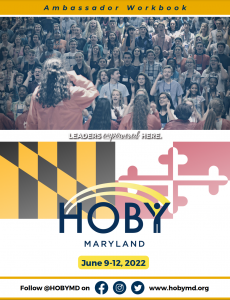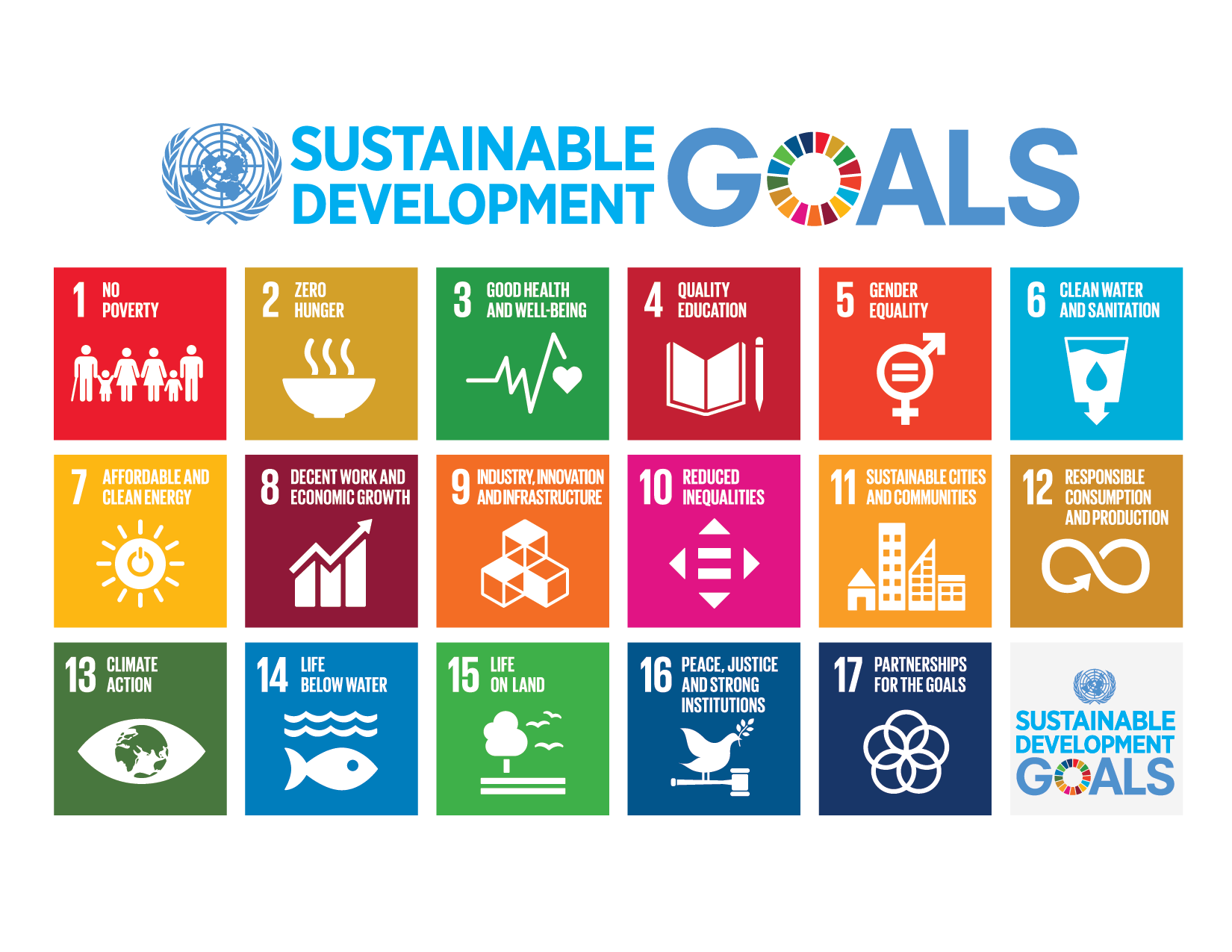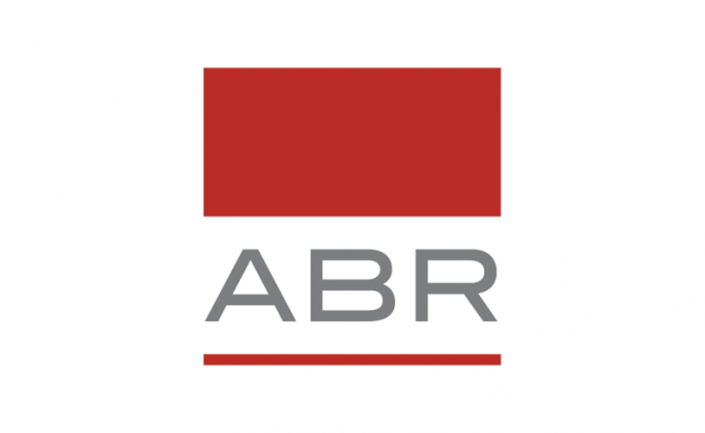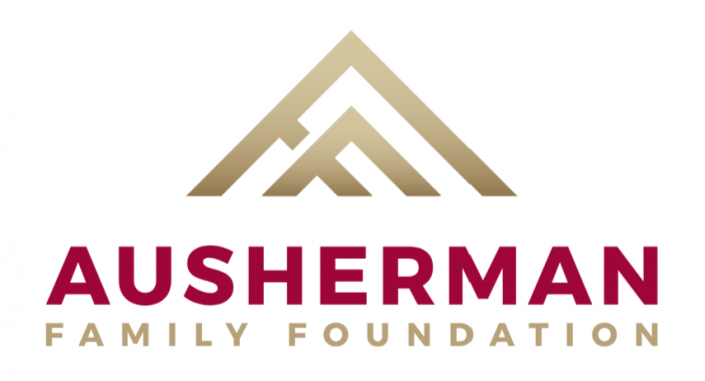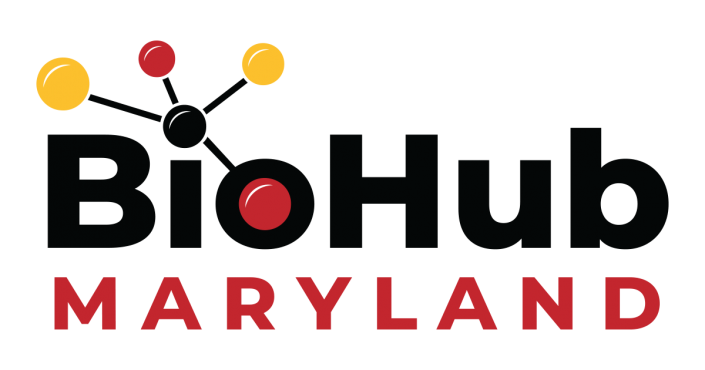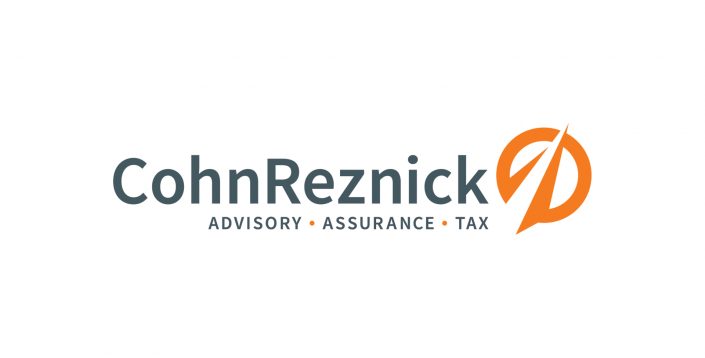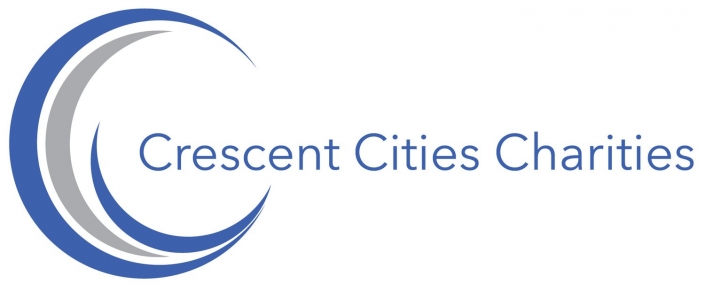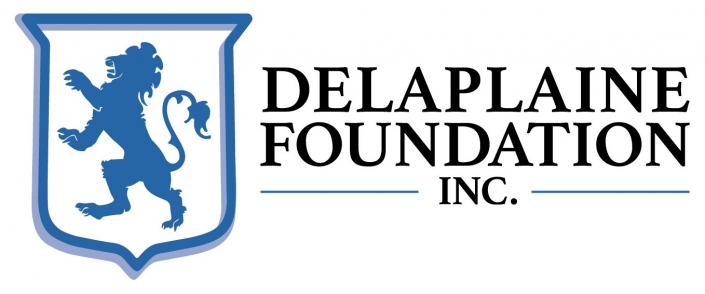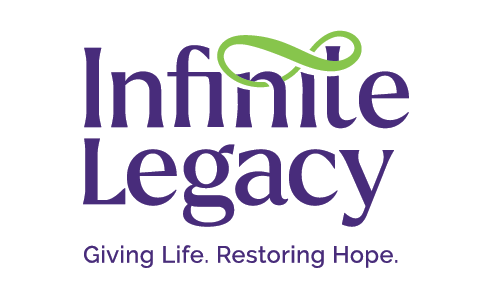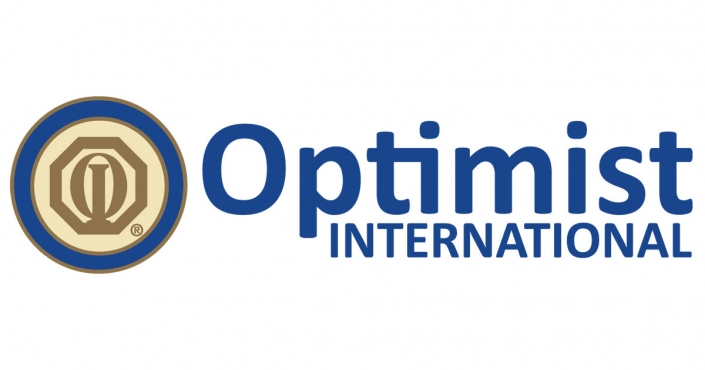UN Sustainability Development Goals (SDGs)
The United Nations Sustainability Development Goals (also known as the SDGs or Global Goals) is a set of independent, yet interconnected goals. They were developed and adopted by 195 Countries, including the United States of America, to set a vision for a world free of poverty, hunger, disease, and want. The SDG’s represent a universal agreement to raise the conditions of the world for everyone.
In 2019, the HOBY Board of Trustees made an organizational commitment to supporting the Sustainable Development Goals. The SDGs have been integrated into our leadership seminar curriculum in alignment with the Social Change Model of Leadership. HOBY Leadership Seminars will introduce and take action on the Sustainable Development Goals component of social responsibility and citizenship.
When student begin their experience with HOBY, most identify themselves as members of a community. Many have even been involved in volunteer service. Our goal is to push them into becoming conscientious world citizens, by thinking critically about society’s issues. One way we do that is by educating students about the SDGs, including how they can contribute to advancing these goals and live sustainably.
The skills they learn at the seminar will further push them beyond simply thinking about these goals and social issues, and into the status of an active citizen where they are continuing to be involved in the education and action process.













